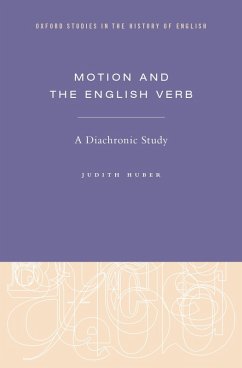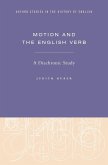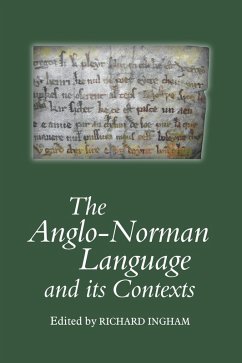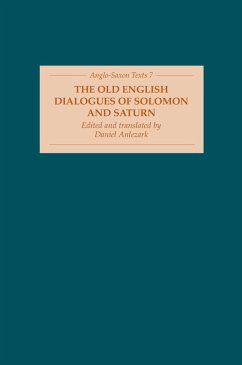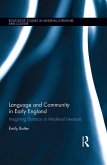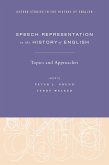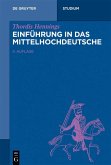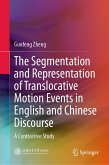In
Motion and the English Verb, a study of the expression of motion in medieval English, Judith Huber provides extensive inventories of verbs used in intransitive motion meanings in Old and Middle English, and discusses these in terms of the manner-salience of early English. Huber demonstrates how several non-motion verbs receive contextual motion meanings through their use in the intransitive motion construction. In addition, she analyzes which verbs and structures are employed most frequently in talking about motion in select Old and Middle English texts, demonstrating that while satellite-framing is stable, the extent of manner-conflation is influenced by text type and style. Huber further investigates how in the intertypological contact with medieval French, a range of French path verbs (
entrer,
issir,
descendre, etc.) were incorporated into Middle English, in whose system of motion encoding they are semantically unusual. Their integration into Middle English is studied in an innovative approach which analyzes their usage contexts in autonomous Middle English texts as opposed to translations from French and Latin. Huber explains how these verbs were initially borrowed not for expressing general literal motion, but in more specific, often metaphorical and abstract contexts. Her study is a diachronic contribution to the typology of motion encoding, and advances research on the process of borrowing and loanword integration.
Dieser Download kann aus rechtlichen Gründen nur mit Rechnungsadresse in A, B, BG, CY, CZ, D, DK, EW, E, FIN, F, GR, HR, H, IRL, I, LT, L, LR, M, NL, PL, P, R, S, SLO, SK ausgeliefert werden.

